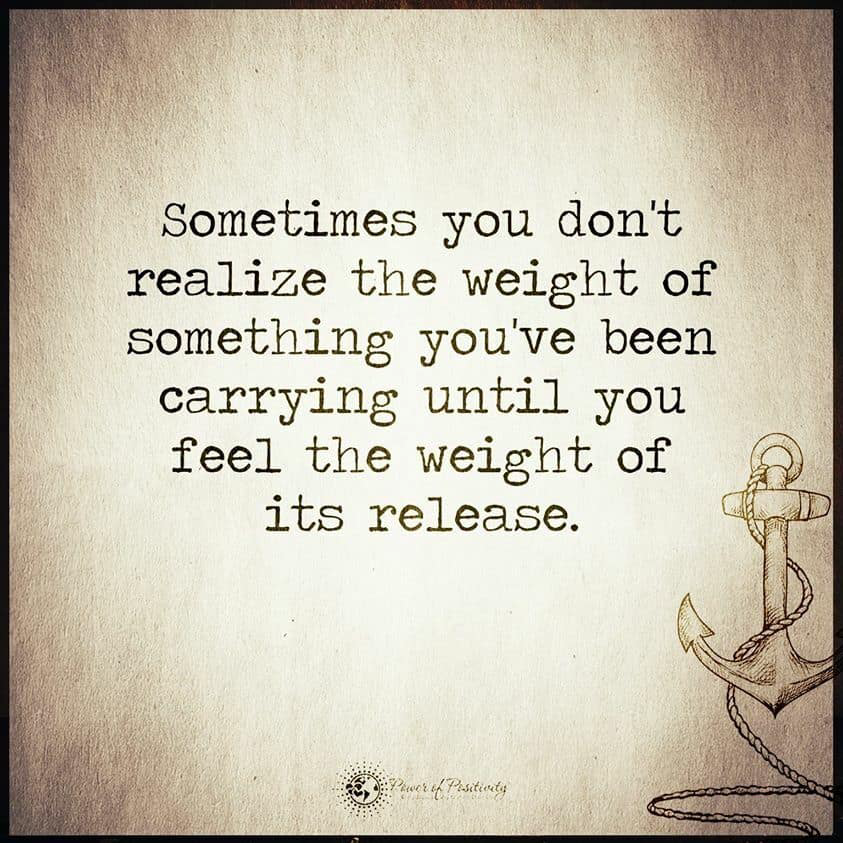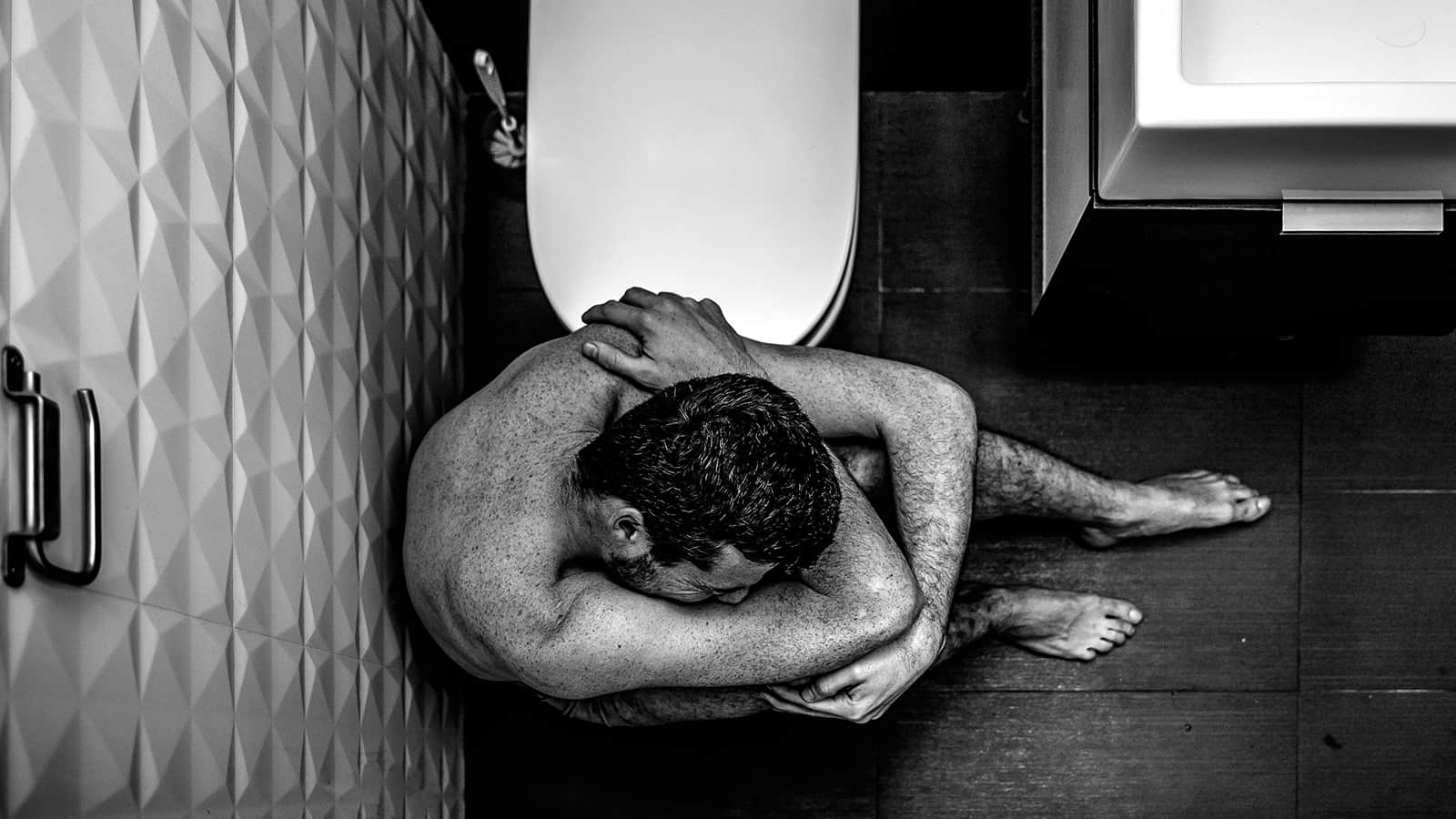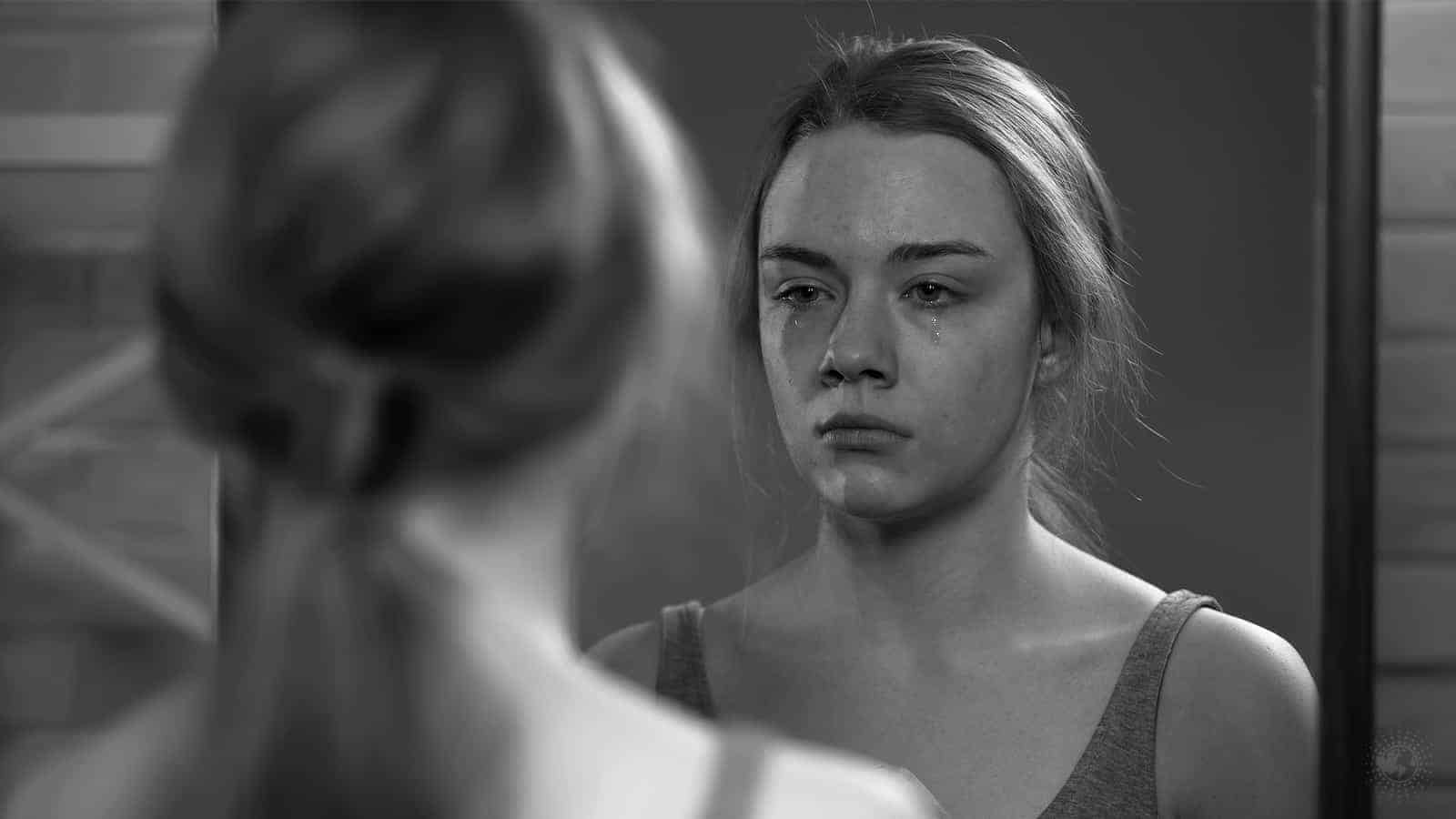It’s common for people to experience ups and downs, and with the state of the world currently, there may be more downs than ups. However, bipolar depression is a whole different animal. It can be severe depression with bizarre behavior that lasts for an unreasonably long amount of time.
It’s essential to recognize the signs of bipolar disorder so that you or whoever is suffering from it can get the help they need before severe consequences occur. By recognizing the signs and symptoms early, you may even be able to prevent the depressive episode from getting worse. In this article, you’ll learn a little about depression from bipolar disorder plus 12 symptoms that psychologists say you should never ignore.
What is Bipolar Disorder?
If you’re reading this, there is a good chance that you already know what bipolar disorder is. However, if you don’t, make sure you read this section.
Bipolar disorder is a disorder in which the affected person has severe shifts in mood, thinking, behavior, and day to day operation. Everyone might have an off day, but people with bipolar disorder have extreme off days that are noticeable and possibly dangerous. Even worse, they may not be aware of the change.
Bipolar Depression
 Bipolar depression is a “state” of bipolar disorder. People with bipolar disorder can have shifts from manic episodes (extreme, erratic highs of feeling euphoric) to extreme lows, which is the depression state. Neither state is good, but the depression state can quickly become dangerous to the affected person and the people around them.
Bipolar depression is a “state” of bipolar disorder. People with bipolar disorder can have shifts from manic episodes (extreme, erratic highs of feeling euphoric) to extreme lows, which is the depression state. Neither state is good, but the depression state can quickly become dangerous to the affected person and the people around them.
If that’s not bad enough, affected people can experience both episodes simultaneously. These people will be extremely depressed while being unusually energized. It might be one of the most bizarre things you’d ever encounter. Unfortunately, the disorder is more common than you think.
Types of Bipolar Disorder
There are three types of bipolar disorder. They are defined by the moods that the affected person may experience. They are:
- Bipolar I disorder – characterized by manic episodes lasting at least a week and depressive episodes lasting at least two weeks. May require hospitalization.
- Bipolar II Disorder – deals more with depressive episodes than manic episodes. There could be hypomanic episodes (not quite full-blown manic).
- Cyclothymic disorder – defined by the cycling of depressive and hypomanic episodes over at least two years. It can be only one year for children.
Occasionally a person can display a bipolar type that doesn’t correspond with any of these three. In this case, it may get labeled as “other.”
Unfortunately, there is no cure for bipolar disorder. This means that it must be managed well to keep it from getting out of hand. That’s why it’s so vital that you don’t ignore the signs of a depressive episode. Below are 12 of the most common symptoms of depression from a bipolar episode. If you are someone you know are displaying them, don’t delay getting treatment.
12 Causes and Signs of Bipolar Depression You Should Never Ignore
Here are classic signs that someone may struggle with this mental health challenge.
1. Feeling sad or hopeless may indicate bipolar depression.
This symptom is a classic and most recognized sign of bipolar depression. However, it’s also a symptom of unipolar depression (usually just called depression). You can tell the difference if the person also has manic episodes. Keep in mind that the depression that comes with the condition isn’t merely feeling a little down. The person will feel utterly hopeless.
2. Loss of interest in everything.
People suffering from bipolar depression can experience a loss of interest in life. This lack doesn’t mean just the things they usually love to do. This means everything.
Being interested in life is not something they can turn off and on. It’s not a choice that they’re making. They don’t have the motivation to be interested in anything. This symptom ties into the next symptom on the list.
3. Nothing they do brings pleasure.
If they’re experiencing a loss of interest in life, it makes sense that nothing will make them happy. For something to affect their mood, they have to care about it one way or the other. Bipolar people suffering from depression may be unable to manage.
In a case like this, it’s helpful not to care when dealing with stressful situations. We may all wish we could let those roll off our shoulders. However, not caring or feeling anything at all is no way to live.
4. They sleep too much or not enough.
Depression from bipolar disorder affects the brain on a chemical level, and those changes can interrupt sleep patterns. Some of it comes from a lack of pleasure and care. They may not have the motivation to get up. The rest of it is simply changes in their mental and physical health. If they’re not sleeping enough, it could be due to the next symptom.
5. Restlessness may mean bipolar depression.
The affected person can’t seem to settle down. The person is antsy, agitated, and not at peace. Their minds may be running a marathon all the time, and you would be able to tell because they may be speaking rapidly. They’re restless and can’t sleep.
This is also a symptom of stress, so you would need to look for other signs of bipolar depression to go with this one. However, keep in mind that stress can trigger bipolar depression.
6. Their energy level plummets.
With chemical changes in the body, interrupted sleep patterns, and possibly elevated stress levels, it’s no surprise that the affected person’s energy level would plummet. The body and mind are likely going through a taxing ordeal during a depressive bipolar episode, so all of their energy is being diverted to survival. This is especially true if they’re not getting enough sleep to replenish their energy.
 7. They have unfounded guilt.
7. They have unfounded guilt.
Depression from bipolar disorder can make a person feel guilty for no reason at all. It’s possible that they didn’t even do anything wrong, but the feelings of guilt can manifest themselves out of nowhere. It’s even worse if they did something. However, it’s probably nothing that they should continuously feel guilty about. Unfortunately, the disorder makes it seem like the worst thing in the world.
8. They can’t concentrate.
With so many things going haywire, primarily mental and emotional things, it’s no surprise that a person’s concentration may be broken. Again, stress is a common cause of this, but stress can also aggravate bipolar disorder. The inability to concentrate can come from the fact that you’re easily distracted. This is another concentration-related symptom of bipolar disorder.
9. Indecisiveness may indicate bipolar depression.
They can’t seem to settle on anything and are anxious about a decision. They’re doubting every move they make and may even have a bit of fear deciding on something. Being indecisive is a sign that a depressive bipolar episode is around the corner. If you can recognize it, you may be able to stop the attack from progressing into full-blown depression. If they’re already there, indecisiveness will be one of many symptoms.
10. For children, they’re highly irritable.
Children who are suffering from a bipolar depression episode may display their depression as irritability. They don’t know how to express themselves adequately and suffer from raging hormones. This is during everyday life so having a depressive bipolar episode makes matters worse. They may be aggressive towards siblings, parents, or other school children. They may even get into fights.
11. The person is experiencing psychosis.
Psychosis is one symptom that you or others around you won’t be able to ignore. With depression from bipolar disorder, psychosis appears in the form of hallucinations and paranoid delusions. It’s similar to schizophrenia. Psychosis can also be characterized by incoherent thought patterns and rapid speech. Don’t ignore this – whoever is suffering from it could seriously hurt themselves or someone else.
12. They’re thinking about suicide.
Suicide is nothing to play around with. Research has found that as much as 60 percent of people suffering from bipolar disorder will attempt suicide and that as much as 20 percent of them will succeed. The depression can get so heavy that they feel like suicide is their only way out.
If someone you know is having thoughts of suicide, seek help immediately. You can contact the National Suicide Prevention Lifeline at 1-800-273-8255. They are available 24 hours a day, seven days a week.
Final Thoughts About Bipolar Depression
Depression from bipolar disorder is a severe disorder to deal with, but it doesn’t only affect the sick person. It affects everyone around them. It’s a stressful condition, but the affected person can lead an everyday life if managed properly. The key is recognizing signs of depressive episodes before they become full-fledged.
Depression, whether it’s from bipolar disorder or not, is nothing to ignore. Ignoring it can have devastating results. Pay attention to these signs listed above and seek help for the affected person as soon as possible.


















